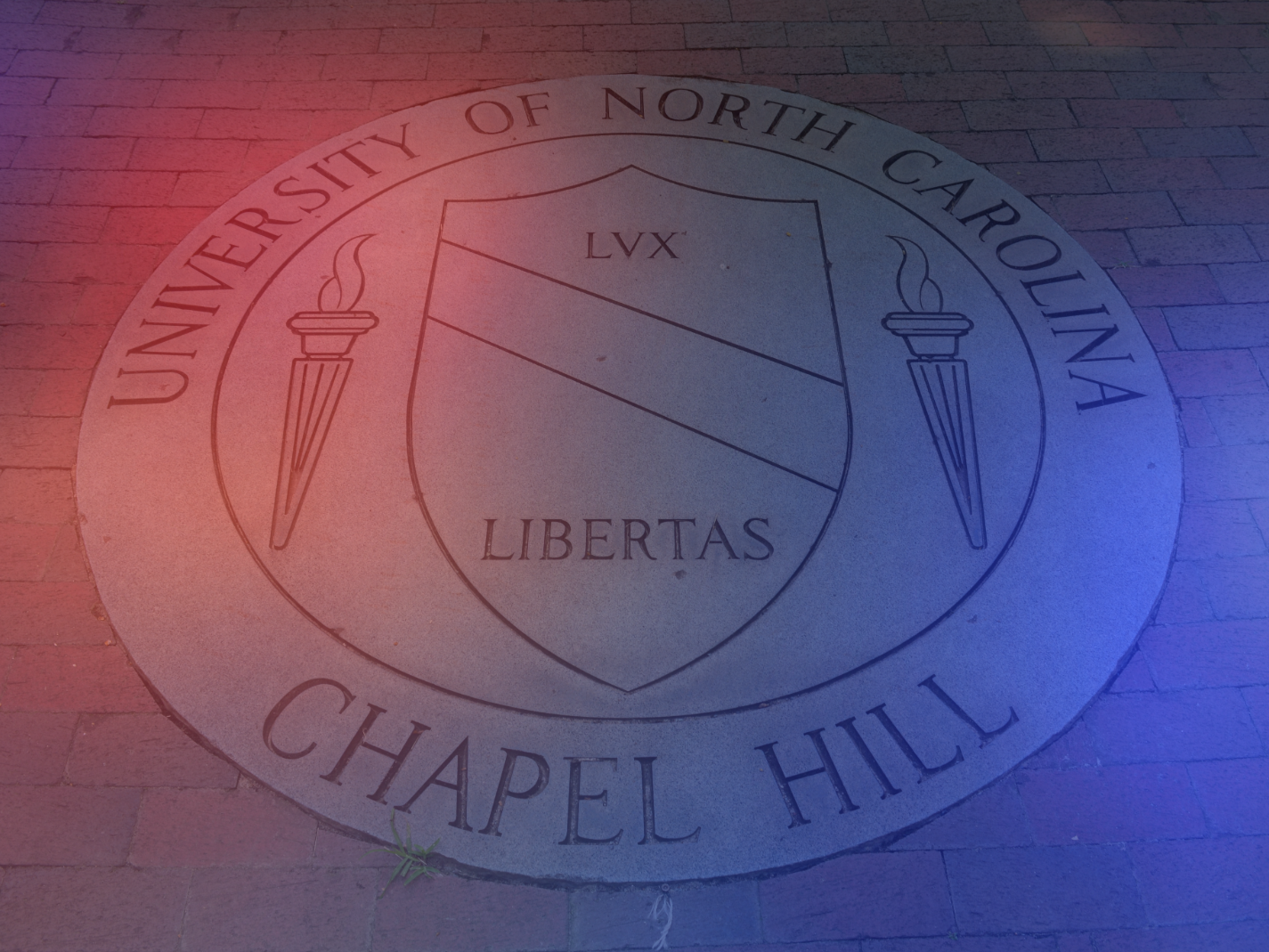
Editor’s Note: This is an excerpt from an article that was originally published by The James Martin Center for Academic Renewal on June 10, 2024. It is crossposted here with permission.
The recent protests at UNC are only one example of the unrest at several campuses across the U.S.—albeit mostly “elite” ones—in response to events in the Middle East. By April 2024, protests had been going on for months at UNC. An escalation occurred when, after students at Columbia University introduced the tactic of encampments on their campus—i.e., camping out in a public space—the tactic spread to other universities, including Carolina.
While free expression, including protests, are extended broad license on campus—especially at public universities—they still must comply with university policies and government laws regarding time, place, and manner. This is federal law and complies with current interpretations of the First Amendment. These restrictions often include where and when protests may take place and are set up to enable the university to continue to function and faculty and students to proceed with the learning process. Creating ongoing tent cities on areas like the quad is one of the modes of expression not allowed at most universities, as doing so creates safety, health, and other functional issues that interfere with university operations.
At UNC, between April 26 and April 30, protesters had erected a tent city and taken other actions that were violations of university policy and state law. When made aware of these infractions, the protesters refused to take down their encampment. On April 30, when ongoing negotiations had led nowhere, UNC brought in police to remove the encampment. After warning people to leave to avoid arrest, the police cleared the encampment. In the end, they detained 36 protesters, a considerable number of whom were not Carolina students.
Photo by Yeungb — Wikimedia Commons — Edited by Jared Gould